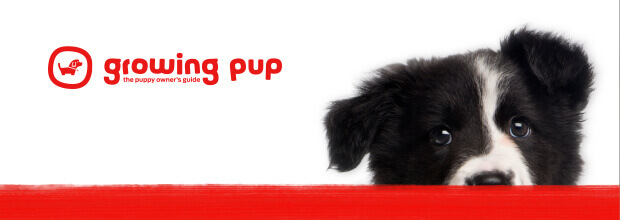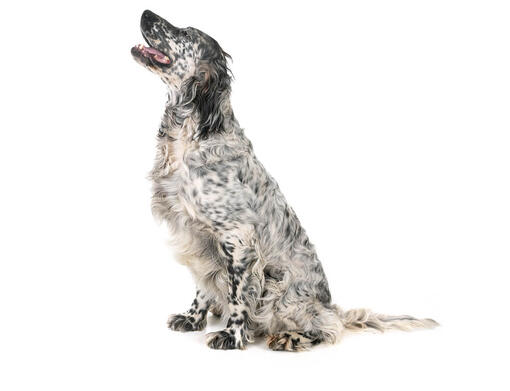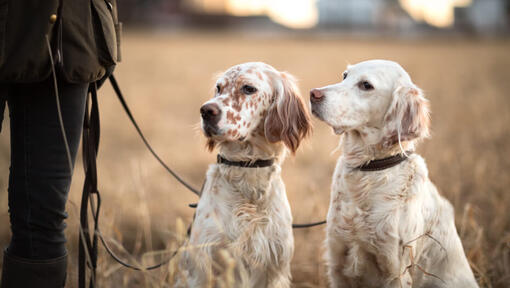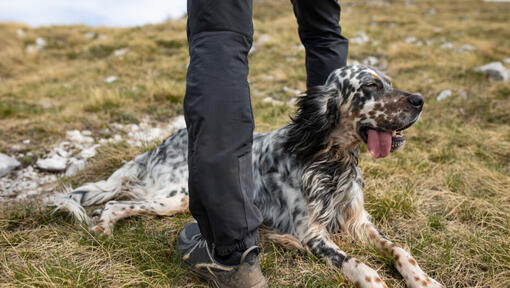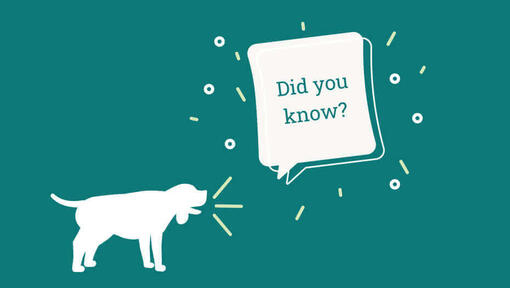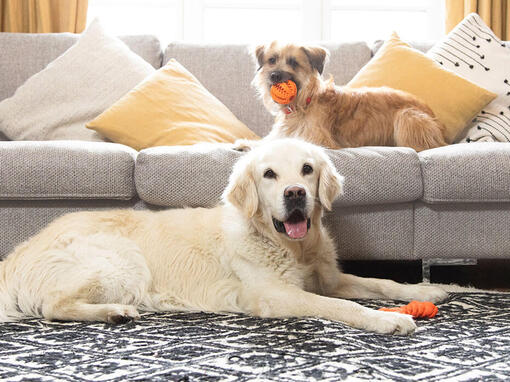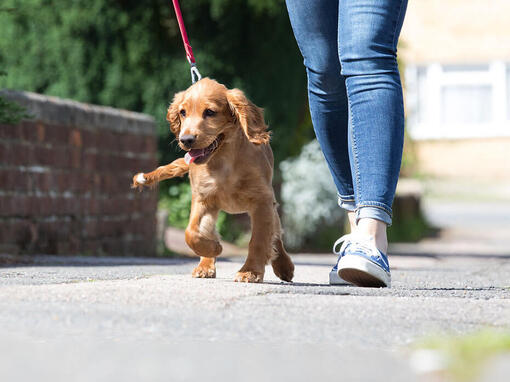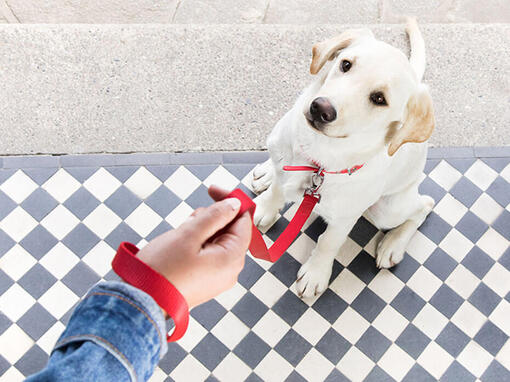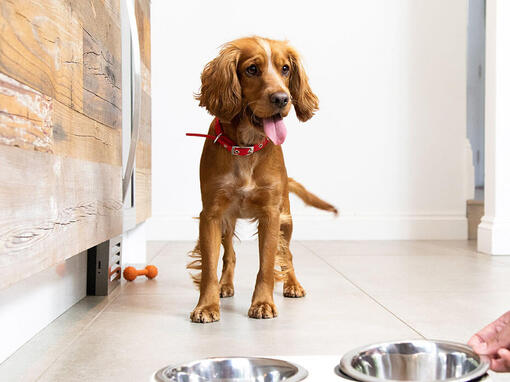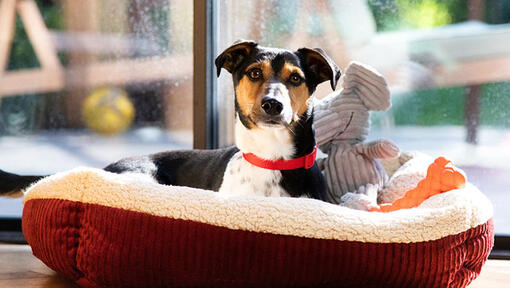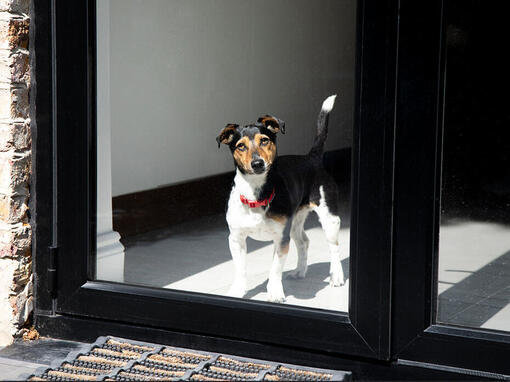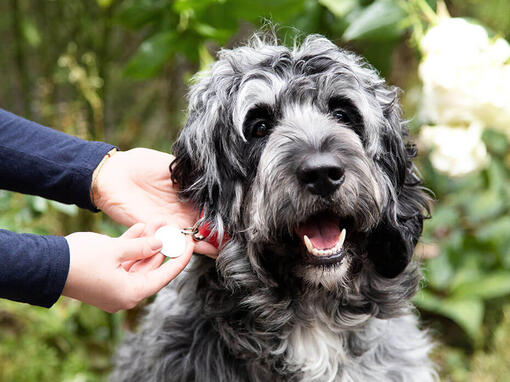An elegant, graceful gundog, the English Setter developed in England more than 400 years ago. This affectionate, friendly, gentle breed excels as a family companion. Athletic and energetic, the English Setter requires vigorous daily exercise. He loves his family and is not happy when isolated in a yard or kennel for long periods. The English Setter’s beautiful, feathered coat requires regular maintenance.
DID YOU KNOW? Although many people believe English, Gordon and Irish setters are representatives of different colours or varieties of the same breed, they are three separate breeds.
ALSO KNOWN AS: Lawerack, Laverack, Llewellin (or Llewellyn), Setter


